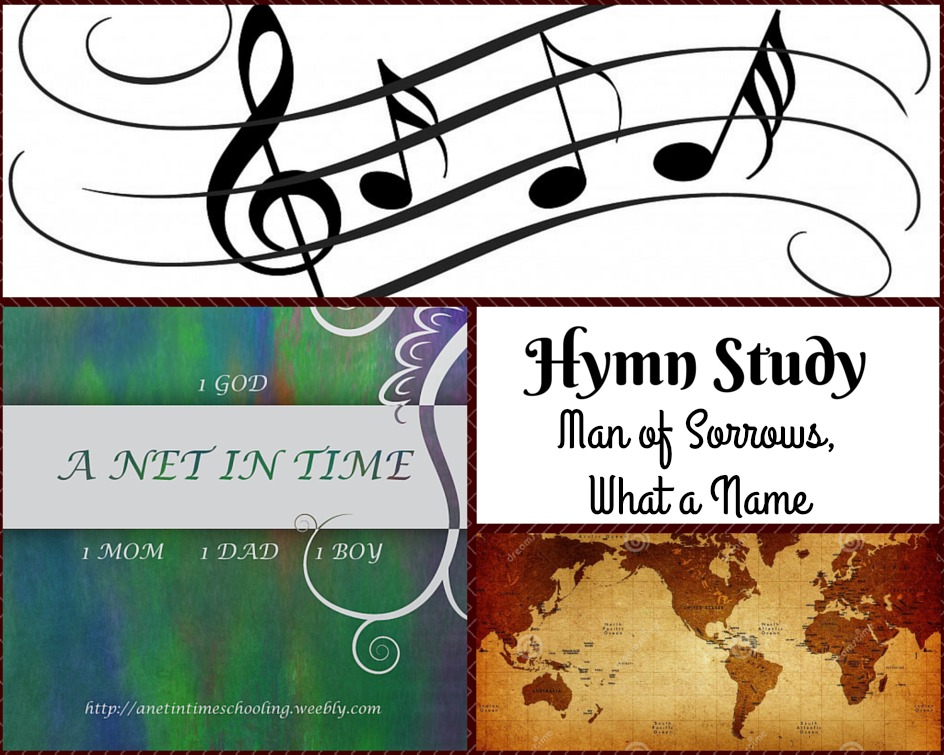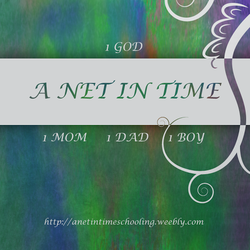Man of Sorrows! what a name
For the Son of God, who came
Ruined sinners to reclaim.
Hallelujah! What a Savior!
Bearing shame and scoffing rude,
In my place condemned He stood;
Sealed my pardon with His blood.
Hallelujah! What a Savior!
Guilty, vile, and helpless we;
Spotless Lamb of God was He;
“Full atonement!” can it be?
Hallelujah! What a Savior!
Lifted up was He to die;
“It is finished!” was His cry;
Now in Heav’n exalted high.
Hallelujah! What a Savior!
When He comes, our glorious King,
All His ransomed home to bring,
Then anew His song we’ll sing:
Hallelujah! What a Savior!
He grew up in a family of a music loving Christian home. He learned early the importance of prayer. He loved music and at one point in his life trespassed in order to listen to a young lady play the piano. He left home at age 11 in order to make his own way in the world, working at various trades. Between jobs and as able he attended school. It took time but eventually he got enough credits to get his teaching certificate.
At age seventeen, in 1855, he decided that he would take the final step in preparation for his life's work. ..... and finished the last requirements for his teaching credentials. .....In 1857 he met J. G. Towner who conducted a vocal school in Towanda, Pennsylvania. ..... Towner also made it possible for him to go to a musical convention in Rome, Pennsylvania, later that year. Here he met William B. Bradbury, a noted composer of sacred music. .... Bradbury had talked Philip Bliss into surrendering himself to the service of the Lord. The strong influence of these men in his life helped him to decide to be a music teacher. While still in his teens, Philip discovered that he had ability to compose music. His first composition was sent to George F. Root with this strange request, "If you think this song is worth anything, I would appreciate having a flute in exchange for it." He received the flute.(source) And so a hymn composer and music writer was born.
Originally he was part of the Methodist church, he met Lucy Young who brought him into the Presbyterian church when they married. He worked in the field of music for the rest of his life.
In 1874 he joined D. W. Whittle in evangelical work. To this cause he gave (although a poor man) the royalty of his Gospel Songs, which was worth some thirty thousand dollars. (source)
Written…shortly before his death, this was the last hymn I heard Mr. Bliss sing. It was at a meeting in Farwell Hall in Chicago [Illinois], conducted by Henry Moorehouse. A few weeks before his death Mr. Bliss visited the State prison at Jackson, Michigan, where, after a very touching address on “The Man of Sorrows,” he sang this hymn with great effect. Many of the prisoners dated their conversion from that day. (source)
He passed away early in life due to a tragic train accident. He managed to get free of the wrecked car, but found his wife trapped within, he remained with her trying to free her, but they both perished.








 RSS Feed
RSS Feed



